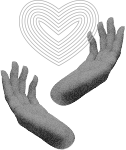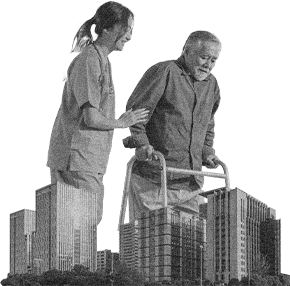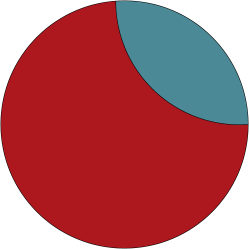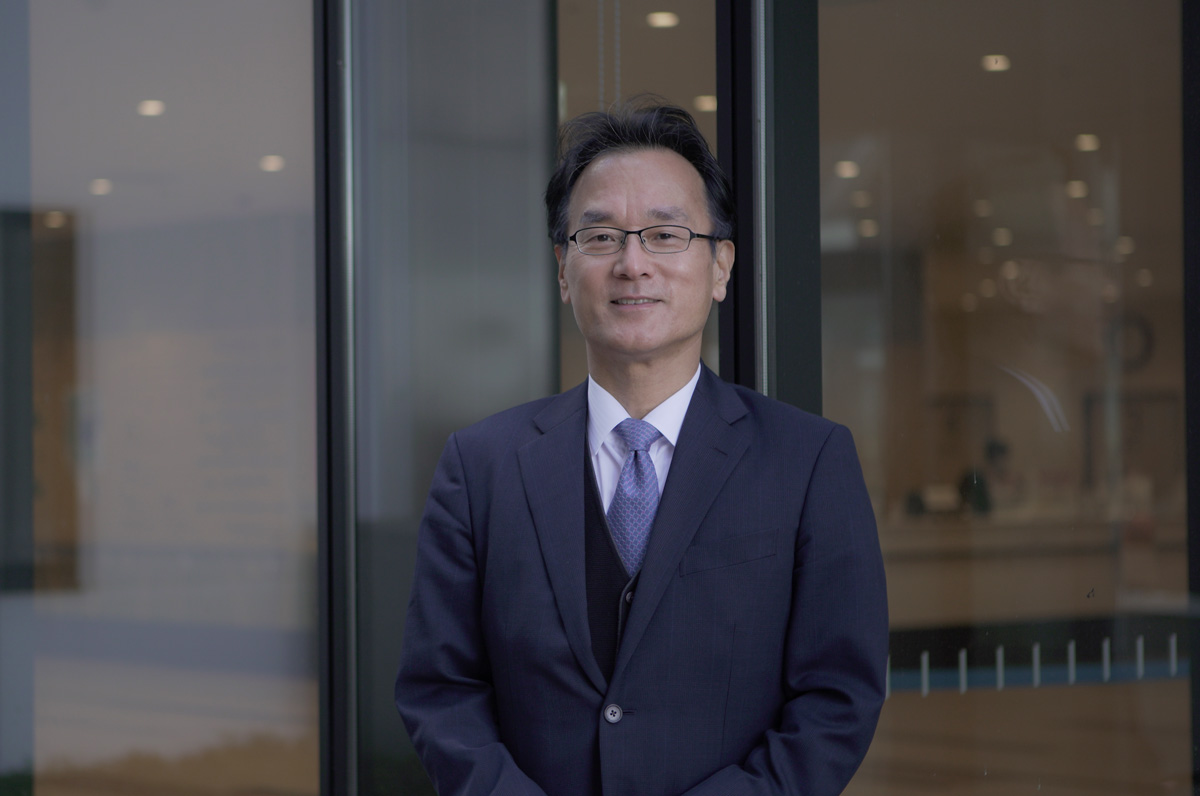RARA Fellow
Establishing a research hub to improve well-being in a superaged society



Establishing a research hub to improve well-being in a superaged society
SCROLL
FELLOW PROFILE
Graduated from the Faculty of Medicine, Kyoto University, in 1984, and completed a doctoral program at the Graduate School of Medicine, Kyoto University, in 1991, earning a Doctor of Medicine degree.
Appointed Professor at the School of Human Health Sciences, Graduate School of Medicine, Kyoto University, in 2009. Became the Deputy Director of the National Center for Geriatrics and Gerontology Hospital in 2015, advancing to the post of Director in 2018, and President in 2019 (current position).
Held positions such as President of the Japanese Association on Sarcopenia and Frailty, Director of the Japan Geriatrics Society, President of the Japan Federation of Gerontological Studies, and member (Section 2: Clinical Medicine Committee) of the 25th and 26th Science Council of Japan.
Specializes in geriatric medicine, frailty, and sarcopenia.
Broadcasting Japan’s advanced aging solutions to improve well-being and QOL for older adults worldwide
In my RARA activities, I aim to advance research on two major themes: a collaborative project between the public, private, and academic sectors to prevent frailty through digital technologies, and the development of methods for the social inclusion of particularly stigmatized disabilities (especially dementia). To extend healthy lifespans so that older people can lead their day-to-day lives without restrictions, I will establish an interdisciplinary research hub focused on enhancing well-being among older people, positioning it as a leading center for well-being research in Japan and internationally.
In Japan, a paradigm shift is needed from the conventional approach of “medicine to cure” to a more comprehensive model of “medicine to cure and support.” As president of the National Center for Geriatrics and Gerontology, I have provided advanced treatment models for aging syndromes, such as dementia and frailty, and promoted the cultivation of human resources in medicine, health, and welfare. I selected these themes to nurture future leaders in evidence-based clinical knowledge and to develop professionals dedicated to extending healthy lifespans and improving QOL, particularly in Japan, which is experiencing unprecedented aging.
My research vision in RARA encompasses the following three key points:
1. Establishing a research hub for well-being for older adults.
2. Preventing frailty through collaboration between the public, private, and academic sectors using digital technologies.
3. Developing methods for the social inclusion of easily stigmatized disabilities. In addition to organizing internal workshops on the topic of well-being for older adults and proposing and planning joint research, I will initiate projects aimed at preventing frailty and sarcopenia using digital technologies, as well as collaborate with industry to increase public awareness about dementia and related issues within the community.
The five-year road map to achieve these is depicted as follows:
○Year 1: Build the foundation for establishing a research hub focused on the well-being of older adults . Initiate projects aimed at preventing frailty and sarcopenia using digital technologies, collaborate with industry to increase public awareness about dementia and related issues within the community, and foster human resources.
○Year 2: Advance research and development and implement solutions in real-life settings.
○Year 3: Organize research outcomes and publish papers.
○Year 4: Continue to implement solutions in real-life settings.
○Year 5: Summarize final outcomes.
This research concerns geriatrics and requires an interdisciplinary approach. Realizing well-being for older adults requires both a direct approach, engaging older adults, their families, and community residents, and an indirect approach through the development of policies, living spaces, and the like. At the stage of creating evidence for these approaches, it is necessary to verify the biological, psychological, and social effects. I believe the potential fields for collaboration are extensive, spanning medicine (geriatrics, psychiatry, epidemiology), health sciences (geriatrics, community nursing), psychology, welfare studies, sociology, thanatology, policy science, and engineering.
Partnerships:
I wish to collaborate with researchers, corporations, government agencies, specialized institutions, NPOs, and other stakeholders who are committed to advancing research and development in improving mental and physical well-being, living environments, and social systems for people in aging societies experiencing significant declines in birth rates.
I hope to be able to work with these kinds of people in particular:
(1) People who doggedly investigate issues
(2) People who can persevere in working with clinical sites on research and technical development aimed at resolving issues
(3) People who can investigate past problem resolution methods using humanities techniques
(4) People who can analyze current issues and assess their effects using humanities techniques
Research collaborations:
I would like to collaborate with people, whether in Japan or abroad, who possess and value the following qualities:
(1) A passionate desire to be part of social reform through practical and empirical research
(2) A mindset open to collaboration beyond one’s own field, embracing an interdisciplinary team approach
(3) A vision to shape the future for the next 10, 20, and 50 years
(4) Dialog between research participants and collaborating members
(5) A stance that respects the specialties of other fields and occupations



Latest Research Activity Report
-

Research Activity Report / Tomoko Hasegawa / Hidenori Arai
Professor Tomoko Hasegawa and Professor Hidenori Arai selected for the world’s top “Highly Cited Researchers 2025” by Clarivate Analytics
2025 / 11 / 25
VIEW DETAIL
-

Research Activity Report / Hidenori Arai
Professor Hidenori Arai selected as one of the world’s top “Highly Cited Researchers 2024” by Clarivate Analytics
2024 / 12 / 09
VIEW DETAIL

